
ACCC: Trivago hit with AU$45 million fine for misleading Australian customers to think they were getting the ‘best price’
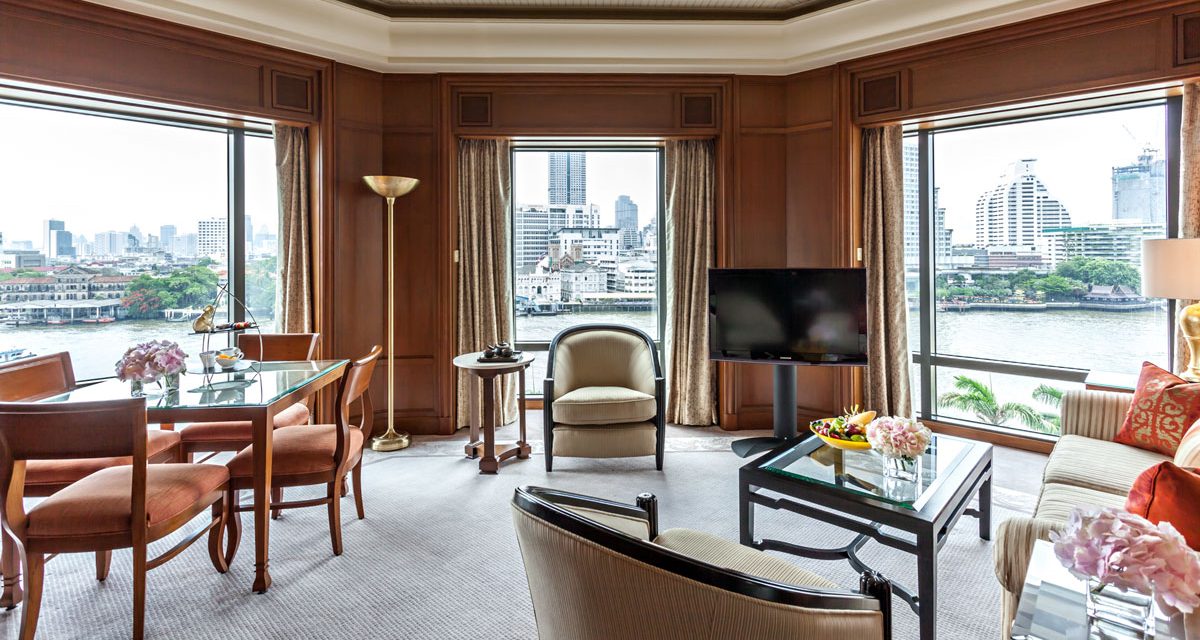
Whoa! This is huge.
Two years ago the Federal Court, in a case brought by the Australian Competition and Consumer Commission (ACCC), found that Trivago had fallen foul of Australian consumer Law in its ‘highly misleading television advertising.
“The advertising conveyed that the Trivago website would quickly and easily identify the cheapest rates available for a hotel room responding to a consumer’s search, but in fact the website did not do this.
“Higher [priced] offers were selected as the top position offer over alternative lower priced offers in 66.8 per cent of listings.” Justice Moshinsky
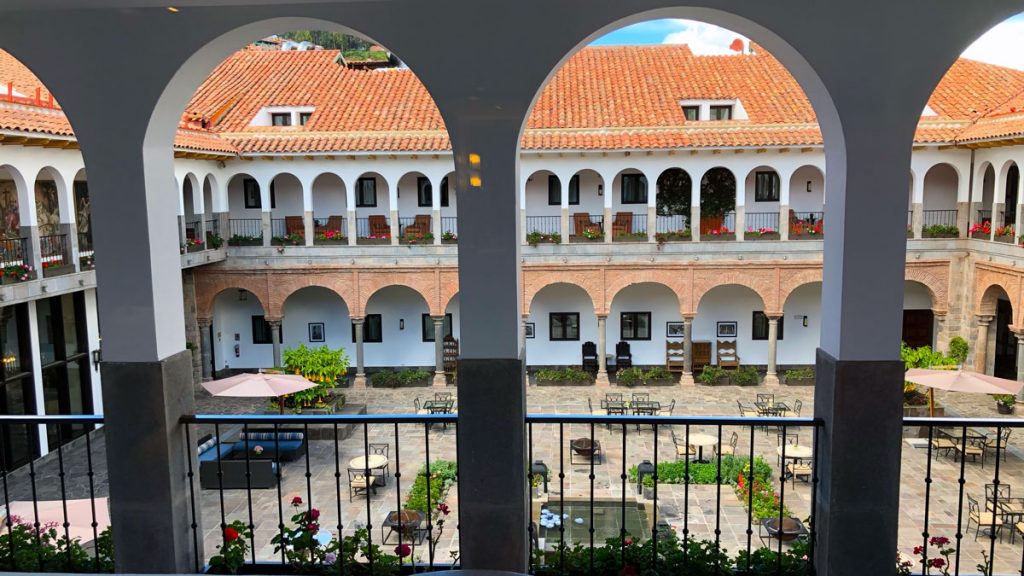
This advertising promise ran over 3 years, and had 93% of users, that’s 57 million clicks on the top offered option, which was not the promised ‘cheapest rate’. More than half their revenue – AU$92 million out of a total of AU$178 earned in Australia for the period (December 2016 to September 2019), was earned by this deceptive method.
The court also found that Trivago would have earned between $53 million and $58 million less than if it had actually featured the cheapest offer. The court also found that consumers paid about AU$30 million more for their hotel stays, than they would if they had actually been presented with the cheapest offer.
In its defence, Trivago offered that its actually profits in the period from its Australian operations were around AU$7 million, of which only Au$3 million was caused by the illegal practice.
Now I know the fine sounds massive, but just remember that the ACCC argued for at least AU$90 million in fines. At least the Commission will get its legal fees paid for the prosecution according to the judgement.
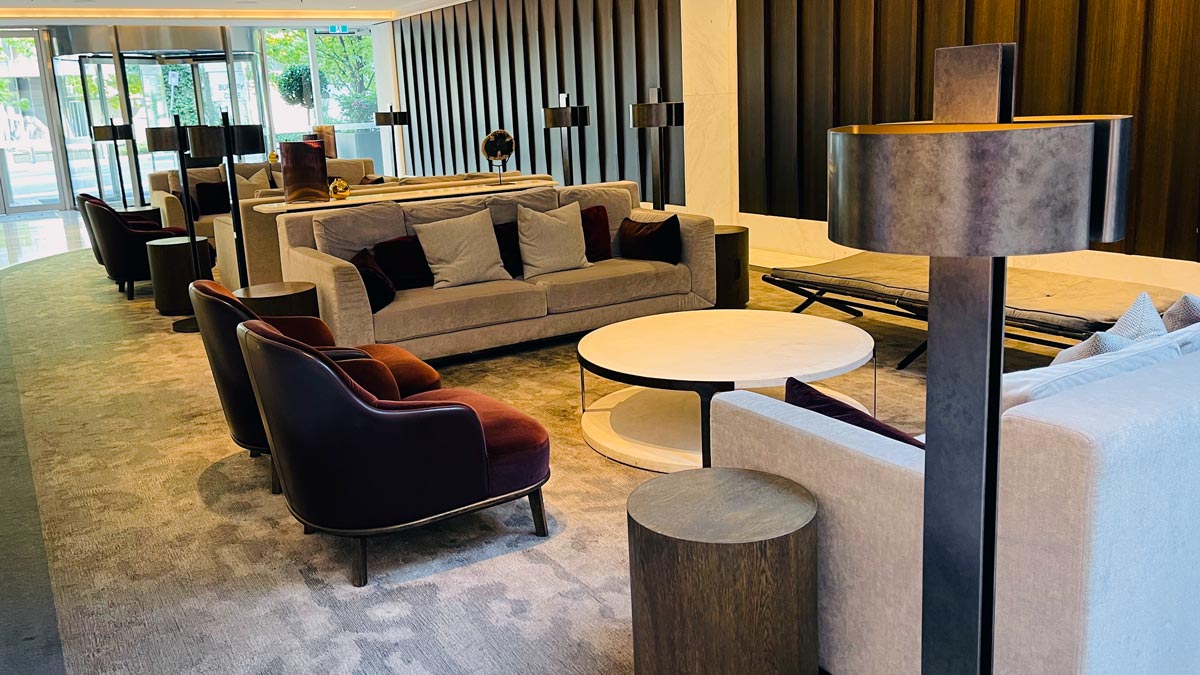
2PAXfly Takeout
This is another timely reminder to wear your seatbelt when seated. Holding you close to your seat will protect you from the sort of injuries sustained on this flight, when unsecured passengers flew to the ceiling of the aircraft, and then came crashing down once the ‘drop’ ceased.
The hope will be that this is an anomaly – a ‘freak accident’ in casual parlance. If it is a systemic error either mechanical or electronic, then this is a larger concern for the airlines that fly Boeing Dreamliner 787 aircraft. Let’s hope it isn’t. If it is, it will pile on the woes to Boeing’s existing stack.
This just reinforces the need to shop around comparison sites like Trivago and agglomeration sites like Bookings.com and Hotels.com, as well as checking out individual hotel or hotel chain websites before making your final booking. It’s a pain to go through that process but will pay off in the end.
The long and short of it is that comparison sites can be swayed by various hidden incentives – a hotel might give them a greater commission, or bonuses when they sell a number of room nights etc and are not always the customer’s friend.

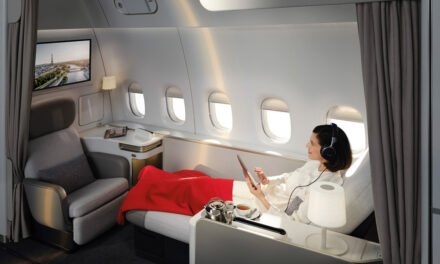
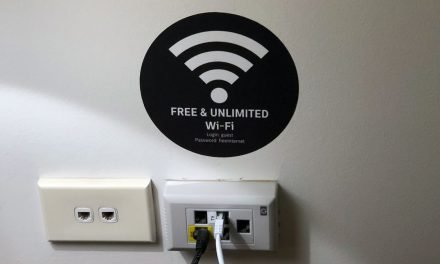
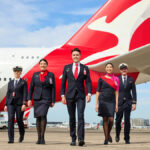
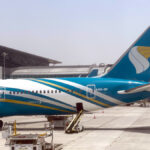
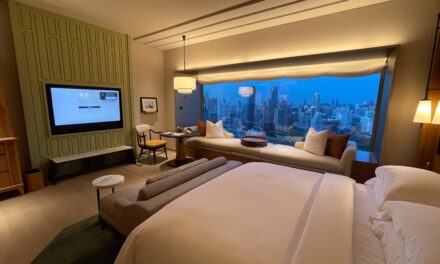
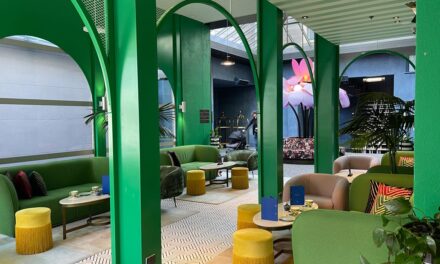
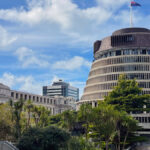

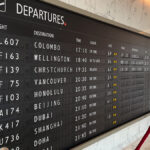
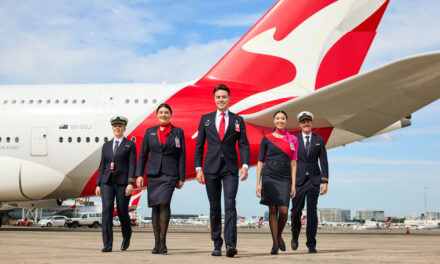
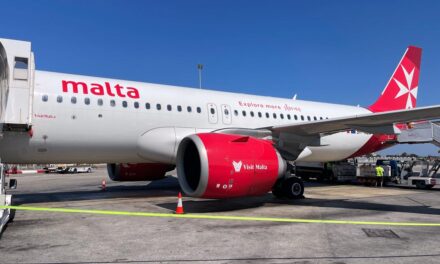
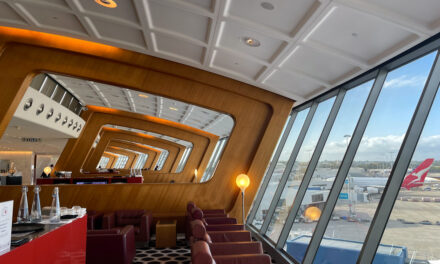
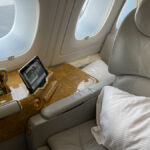
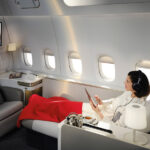
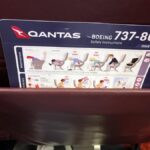
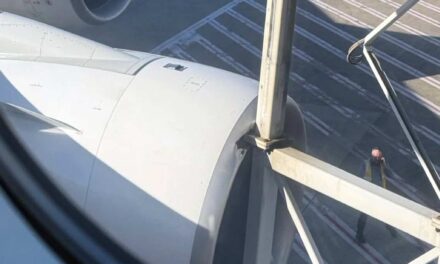
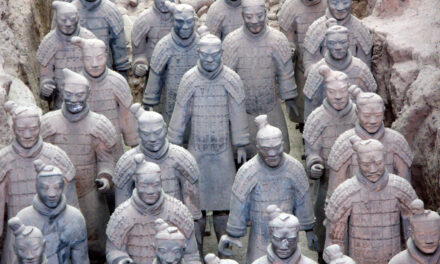
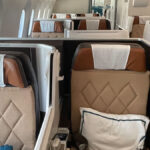
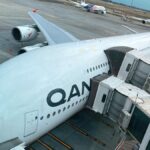

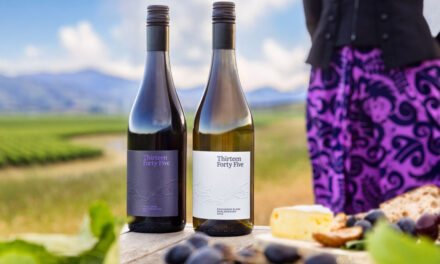
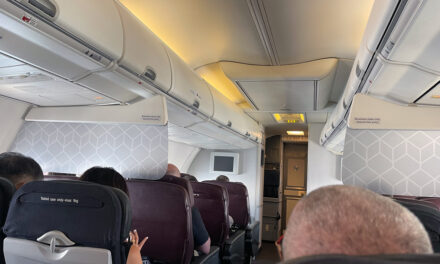



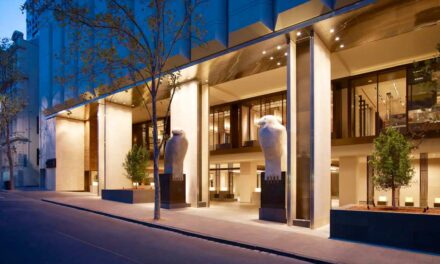
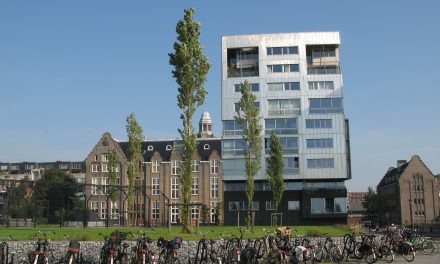

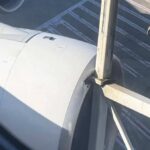



What did you say?